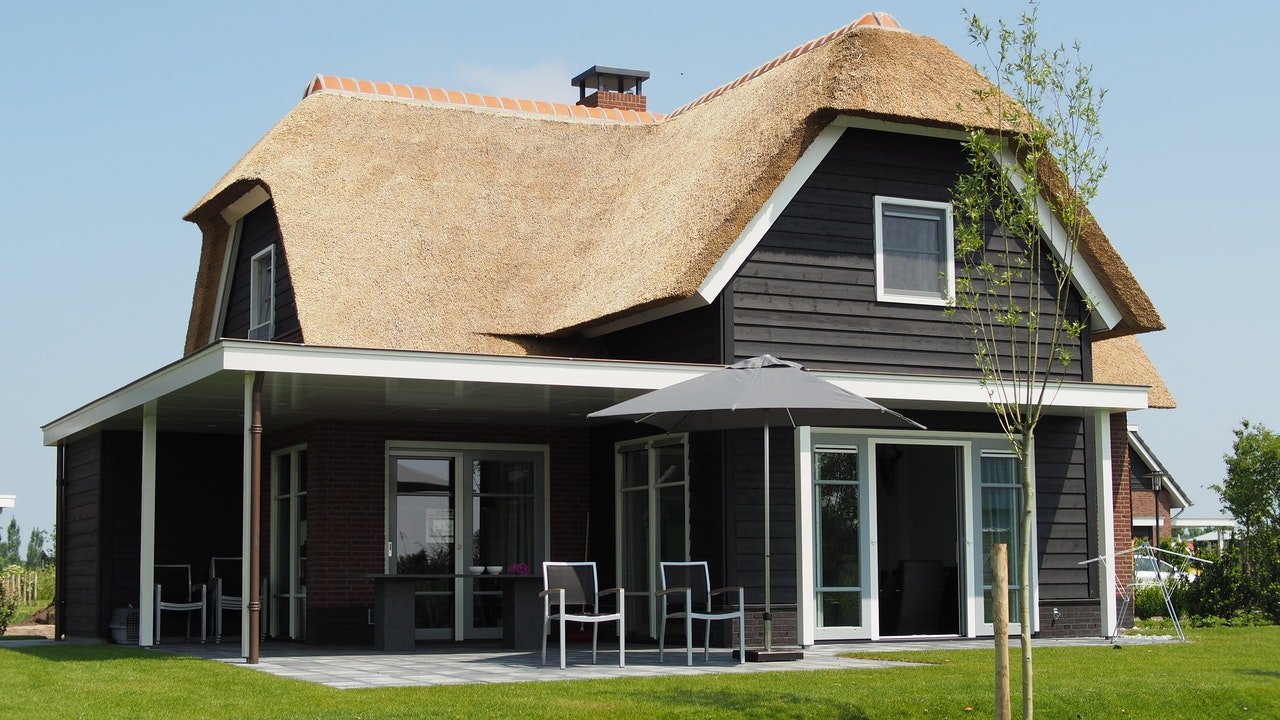One of the major contentious issues in almost any divorce case is the division of the marital property. And while the law has a clear stipulation on how property should be distributed, there still can be disputes that arise, especially in states like Arizona. Property distribution, especially during divorce, is challenging in Arizona because this is a community property state.
And according to Glendale’s trusted divorce law firm, the community property law in Arizona is what controls the division of assets. The core of community property law states that each spouse has equal control and ownership over all the assets acquired during the marriage.
But what isn’t considered community property? Let’s take a look!
What Constitutes Community Property in Arizona?
Before we can establish what isn’t considered community property, let’s first look at what constitutes community property. Community property comprises all the property you and your spouse purchased when married. It’s important to note that it doesn’t matter if you individually or jointly purchased property; it is still community property, especially if earned during the marriage.
The money you and your spouse earned during the marriage is also community property. Even if the earnings go into a separate or joint bank account, it is still community property.
What Constitutes Separate or Sole Property in the State of Arizona?
The separate or sole property consists of assets you or your spouse purchased before the marriage. These assets can include an inheritance or a gift. It’s also important to note that interspousal gifts are considered separate property for the spouse who obtained the gift. So if you gift your spouse, the gift automatically becomes separate property.
How Community Assets are Controlled and Managed
In Arizona, community property law enables both spouses to have the equal and joint right to control and manage their community property. This right ensures that both partners have the right to transfer, buy, and sell community property without their partner’s consent. However, the spouses have to ensure the transfer, sale and manage community property in a way that serves all parties.
But if a spouse does breach their fiduciary duty (responsibility to act in the best interest of the other party), they can be held responsible for wasting community assets in a legal separation. The court may award the innocent spouse with more community assets in such cases.
How Separate and Sole Assets Are Controlled and Managed
Separate assets are under the control of one spouse, which means the control is also under the same spouse. And just like community property, the spouse managing and controlling the assets doesn’t require the spouse’s consent to transfer or sell their property.
It’s also essential to establish that if a spouse damages, transfers, conceals, or sells the sole or separate property, the divorce court has no authority to question your decision. But, if your spouse wants to question your decision, they can file a separate civil lawsuit.
How can Separate or Sole Property Become Community Property in Arizona?
While the separate property isn’t divisible in Arizona after divorce, it’s important to note that it can be turned into community property. This can happen if, for instance, you add your spouse to the deed of the home you bought before marriage.
Adding your spouse’s name to the title deed of your separate home makes it a gift of your individual property to community assets. Another way you can turn a sole property into community assets is by blending your community finances with separate money in investment and bank accounts.
If your separate money becomes mixed up with the community finances, it slowly becomes impossible to separate it from the community assets accounts.
Can You Get Back Sole Property from Community Property in Arizona?
Is there a way you can get back your sole property from the community property? While there isn’t a provision in the law for this, spouses can get back community property used in separate assets. Arizona law provides a community lien against the other spouse’s sole property in such situations.
However, this happens when community money is used to pay for a sole property. For instance, when a spouse uses community money to pay for the mortgage on their separate home. It can also happen when the community finances are used to improve or repair a spouse’s separate assets.
The community and sole property details in Arizona can be challenging to figure out alone. This is why it’s important to ensure that you hire a lawyer to help you figure out the details of your property during a divorce.

